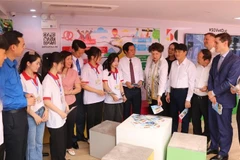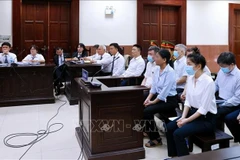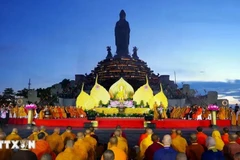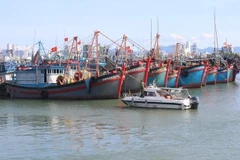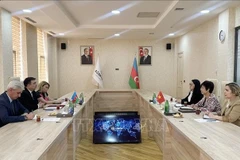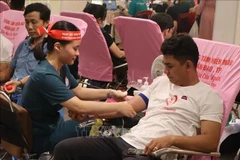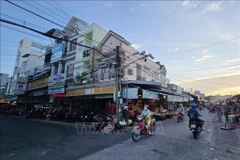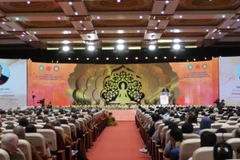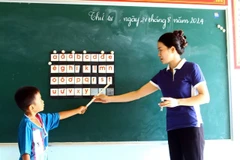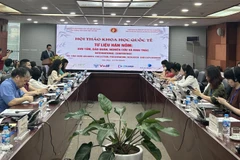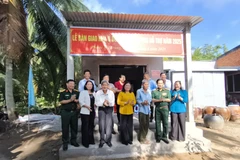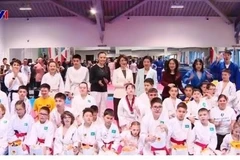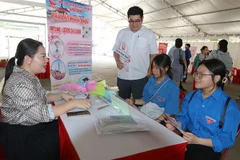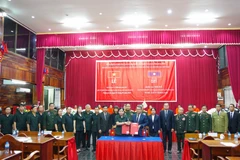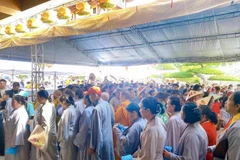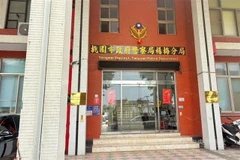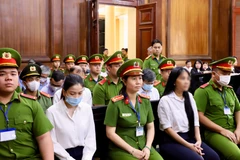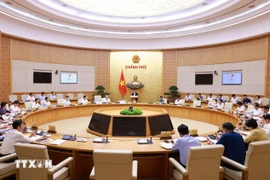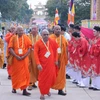In a recent interview with Vietnam NewsAgency, she congratulated Vietnam on completing the second cycle ofits Universal Periodic Review (UPR) on February 5 in Geneva,Switzerland.
According to her, the UPR is a very importantinstrument for any country, including Vietnam, to have an inclusivedialogue on human rights and the protection of human rights in thecountry.
The UN representative said in the second UPR,Vietnam expanded its reporting. In addition to the State’s report,there was also a stakeholder report which was prepared by civil societyorganisations and the coalition of civil society organisations.
The process in the second round of the UPR was broader than in thefirst, she said, affirming that this success proved Vietnam’s greatefforts.
The Vietnamese Government will go back to Genevain June to discuss the recommendations. From now to then, there will bemany meetings and consultations in Vietnam on this issue, shestated.
“Vietnam has done quite well on gender equalityand women’s rights. I believe out of the 227 recommendations that havebeen proposed at the second UPR, more than a dozen are related towomen’s rights and the status of women,” she said.
Shecited the increase in the length of maternal leave for women and arevision of the law to have the retirement age, at least for highprofessional women, equal to men, as very positive steps that Vietnamhas taken to promote gender equality.
She went onto say that Vietnam is doing exceeding well in women’s participationin politics and their representation in the National Assembly and seniorpolitical positions, but their numbers have declined over time.
“It is very important for Vietnam to have some kind of a quotasystem to promote women’s political participation. And it is the timenow to work towards it, because the election will be in 2016, so thereare two more years left to prepare women leaders, to promote theleadership quality and to have a very conscious attempt to increase thenumber of women in the parliament,” she said.
Regardingchildren’s rights, the UN official noted that Vietnam has done quitewell in protecting the rights of children, especially when it joinedthe Convention on the Rights of the Child.
Vietnam is amiddle-income country with a very high level of stunting among children,she said, noting that it is quite high in ethnic minority, remote andrural areas, and this is a real cause of concern.
“Therefore, a lot more needs to be done to address the issue ofmalnutrition and child stunting in Vietnam,” she confirmed.
In order to better guarantee human rights, the official saidVietnam needs to pay more attention to education and informationsharing to raise public awareness of human rights.
TheGovernment should continue to perfect the legal system to realisecommitments to legal frameworks and international institutions on humanrights to which Vietnam is a member, she added.
The protection of human rights must continue involving all administrations and civil society organisations, she concluded.-VNA
